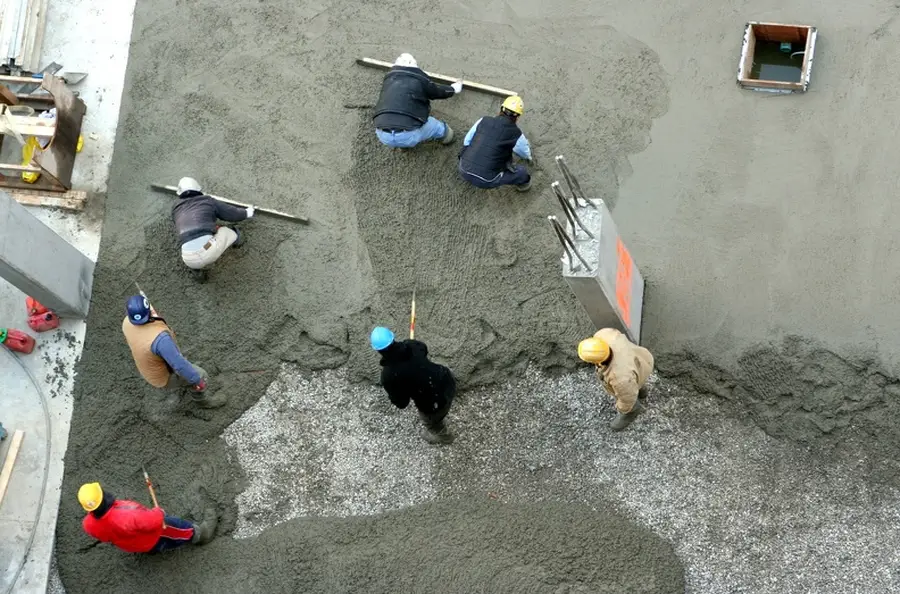Understanding the Crucial Role of Timing in Construction Projects
Timing plays a vital role in construction work, especially when it involves concrete. This material requires precise timing to ensure quality and durability. Poor timing can lead to surface cracks and structural weaknesses. Therefore, understanding the best moments to perform each step in concrete work is crucial. Mastering this aspect can greatly affect your project’s success. Let’s explore different elements that impact timing and the results of well-timed actions in concrete tasks.
Why Precise Timing Matters in Surface Preparation
Surface preparation sets the stage for successful projects. When working with concrete finishing, it’s important to begin at the right moment to achieve smooth, even surfaces. If started too soon, it might result in uneven layers. Waiting too long might create bonding issues with subsequent layers. Timing ensures that the surface has the proper moisture content, enhancing its strength and finish.
The Impact of Environmental Factors on Project Success
Environmental conditions significantly influence concrete work. Temperature, humidity, and wind speed all affect drying times and final results. In terms of concrete finishing, these factors dictate when workers should start or pause operations. Cold weather slows down curing, while hot conditions accelerate it, leading to potential cracks if not addressed timely.
Key Steps for Achieving Optimal Finishing Results
Achieving a high-quality finish involves several key steps. First, monitor environmental conditions closely to determine the ideal time for starting tasks. Use curing compounds to control moisture levels and protect against temperature changes. Regularly test the consistency and setting rate of your mix to adjust application timings as needed.
- Monitor weather conditions closely
- Apply curing compounds for moisture control
- Regularly test mix consistency
Avoiding Common Mistakes in Application
Several common mistakes can hinder your project’s success. Rushing through phases without allowing adequate time can weaken the structure. Conversely, waiting excessively may also reduce effectiveness. Recognizing these pitfalls ensures you don’t compromise on quality during application stages.
Best Practices for Managing Time Effectively
Effective time management enhances project outcomes significantly. Plan each phase meticulously, considering both expected weather and unexpected delays. Invest in training your team so they recognize optimal moments for different tasks, ensuring precision every step of the way.
- Plan for varying weather conditions
- Train teams on recognizing timing cues
- Schedule tasks around peak environmental conditions
Understanding Industry Standards and Compliance
Industry standards guide you towards achieving reliable results. Following established regulations ensures safety and durability across projects. Familiarize yourself with local building codes related to concrete work. These often include recommendations on timing practices tailored to specific climates.
Considering Cost Implications of Improper Timing
Ignoring timing concerns may lead to increased costs over time due to repairs or complete reworkings. Proper planning reduces chances of needing costly fixes after completion. Understanding value gained from timely execution helps justify any initial investments made into better materials or additional manpower.
Your Pathway to Successful Projects With Perfect Timing
Mastering timing in construction leads to superior results and customer satisfaction. At 2L All Concrete LLC, we specialize in delivering top-notch services tailored specifically for our clients’ needs. Based in Denver, CO, our team uses industry insights combined with practical experience to guarantee exceptional outcomes on every project undertaken. Contact us at (720) 671-2045 for further information.

